T3 Tiromel 100x25mcg
£35.00
- Description
- Reviews (0)
Description
Discounted due to date INFORMATION ABOUT PRODUCTS
LIOTHYRONINE SODIUM
CHEMICAL NAME: sodium (S)-2-amino-3-[4-(4-hydroxy-3-iodophenoxy) -3,5-diiodophenyl] propanoate
HALF RELEASE: 2.5 days
CHARACTERISTICS
Liothyronine sodium is a synthetic variant of thyroid hormone.Human body produces its own natural thyroid hormone, which is actually known as triiodothyronine. Liothyronine and triiodothyronine are two almost identical substances except that Liothyronine is stronger and is also better absorbed through oral use. That is why the Liothyronine sodium is developed by pharmaceutical companies and used to treat hypothyroidism, a condition in which the thyroid gland does not exclude the right and normal hormone levels for the proper function of the body.In this case, hypothyroidism is usually diagnosed using a blood test that analyzes serum hormone profile of thyroid hormones (T3, T4 and TSH, a thyroid stimulating hormone).Hypothyroidism has various symptoms such as lack of energy, lethargy, weight gain and fat, hair loss and changes in the color and texture of the skin.T3 is the primary thyroid hormone for the body. Triiodothyronine was originally gained in form of an extract from the thyroid gland.Many hormonal medicines in the past originated in the same way that is by extracts of the endocrine glands of dead animals and humans. Only in 1950 the method of creation of synthetic thyroid hormones replaced the method of extracting from dead bodies.
Triiodothyronine (T3) is in the body responsible for regulating intake of various nutrients into cells and mitochondria cells so they can be effectively used for energy production and consumption.Mitochondria of every single cell in the body use carbohydrates (mainly), fat and even proteins for the production of energy source known as ATP (adenosine triphosphate).The increased intake of T3, will increase the production of ATP, which results in increased energy consumption in the form of fats, carbohydrates and proteins.Therefore, a too high consumption of T3 without the use of anabolic steroids leads to loss of muscle mass.
Community of bodybuilders and other athletes is interested in the abilities of T3 to significantly increase the metabolism of the body in order to metabolize body fat to a greater extent.T3 is traditionally used in the definition period, during diet or as part of pre-competition preparation.Due to its ability to better process nutrients is T3 together with anabolic steroids also used in volume preparation, during which it may prevent an increase in physical inventory and increased calorie intake at the same time.
It is important to note that T3 increases the metabolism of fats, carbohydrates and proteins as well. Therefore, at a certain dose of T3, there is an increased risk of loss of muscle mass through increased protein metabolism. Through the use of anabolic steroids and appropriately modified diet it can prevent muscle loss due to T3.
To increase the overall effect of fat burning, Liothyronine is often used in combination with other agents.Some of these include ephedrine, clenbuterol, albuterol, human growth hormone (HGH), and any other substance intended for fat burning.
DOSAGE
The human body naturally produces about 30 mcg of triiodothyronine per day. Therefore, a dose of less than 25mcg per day, is in fact, rather a step back than a move forward to reach a desirable effect of the substance.Opinions that T3 is a very dangerous drug are just due to fear of some individuals in the community of users of anabolic steroids.In fact, this is a substance that is no more dangerous than most other anabolic steroids.
Bodybuilders and athletes who want to use T3 for weight loss and loss of fat loss usually start at a dose of 25 – 50 mcg per day. Each individual may react in another way and with different intensity, so one dose of 50mcg may cause permanent loss of fat for, but the same dose may not cause any change to another person.
A typical dose for most men bodybuilders and athletes tend to be in the range of 75 to 100 mcg daily. Dosage above 125mcg is generally not recommended
Only logged in customers who have purchased this product may leave a review.


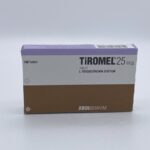
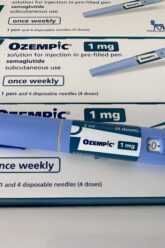
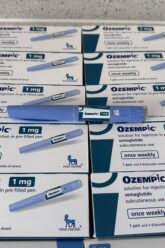
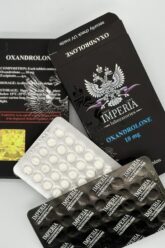
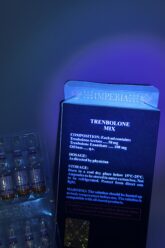


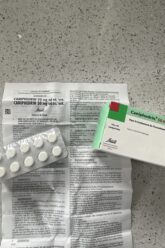



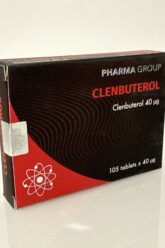

Reviews
There are no reviews yet.